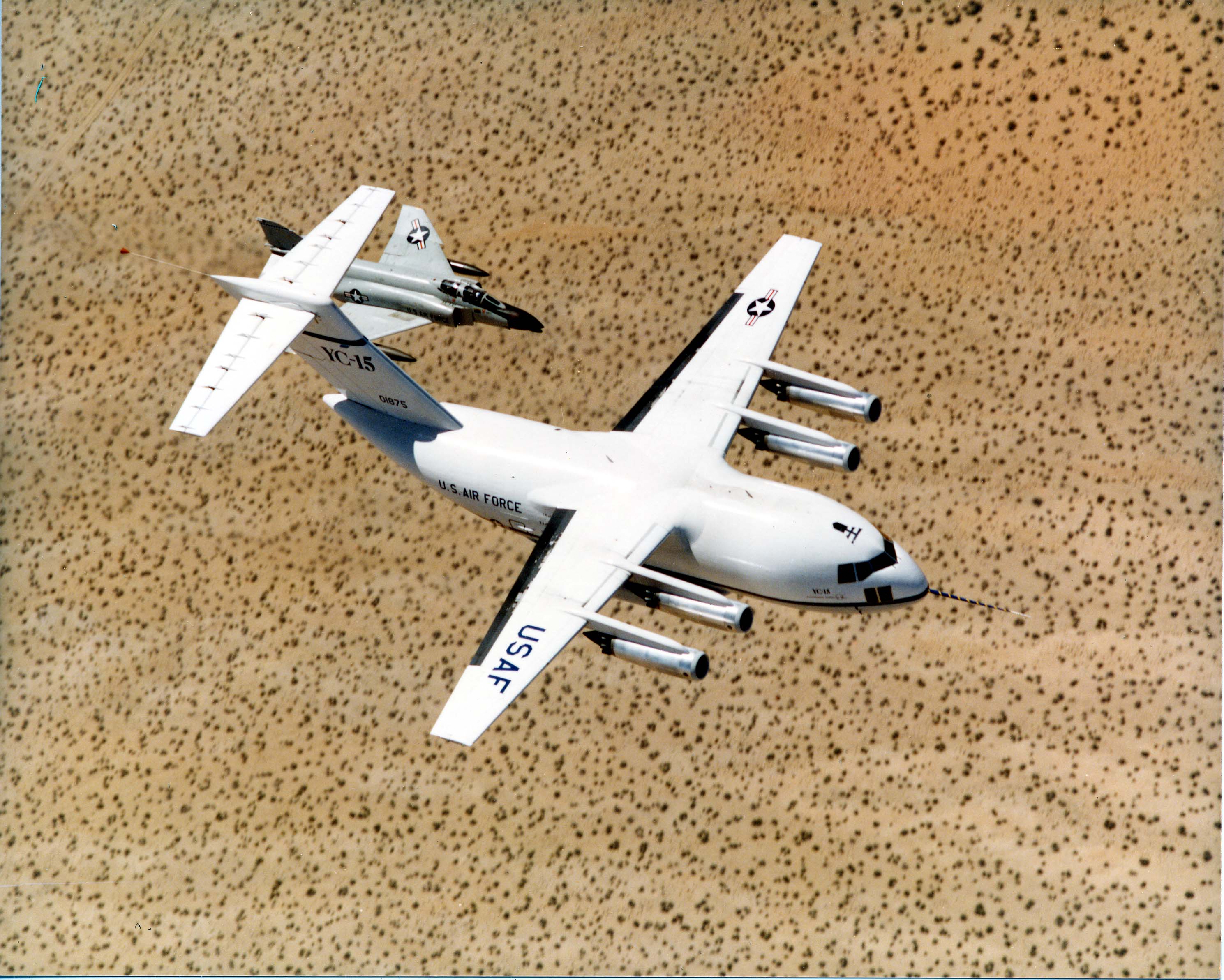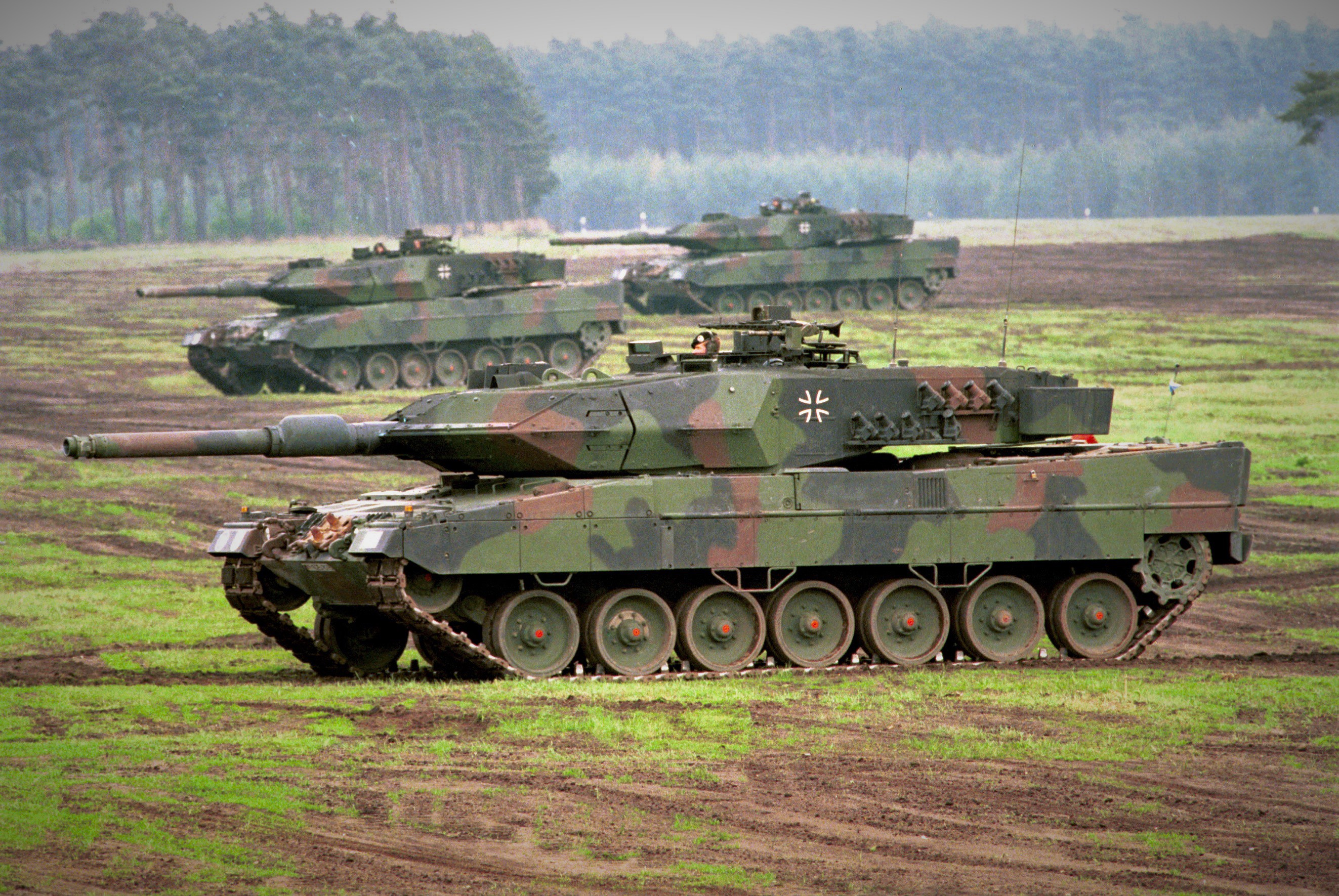|
Runnymede-class Large Landing Craft
The ''Runnymede''-class large landing craft are powered watercraft in the United States Army. They replaced older USN-design landing craft, and are a typical Landing Craft Utility design with a bow ramp and large aft superstructure. They transport rolling and tracked vehicles, containers, and outsized and general cargo from ships offshore to shore, as well as to areas that cannot be reached by oceangoing vessels (coastal, harbor, and intercoastal waterways). It can be self-deployed or transported aboard a float-on/float-off vessel. It is classed for coastal service and one-man engine room operations and does not carry a U.S. Coast Guard The United States Coast Guard (USCG) is the maritime security, search and rescue, and law enforcement service branch of the United States Armed Forces and one of the country's eight uniformed services. The service is a maritime, military, mul ... COI (certificate of inspection) and is classified under 46 CFR subchapteC-uninspected The vessel' ... [...More Info...] [...Related Items...] OR: [Wikipedia] [Google] [Baidu] |
Landing Craft Utility
A Landing Craft Utility (LCU) is a type of boat used by amphibious forces to transport equipment and troops to the shore. They are capable of transporting tracked or wheeled vehicles and troops from amphibious assault ships to beachheads or piers. Colombia The Golfo de Tribugá-class landing craft is an LCU developed by COTECMAR for the Colombian National Navy. The vessel class is also known as BDA ( es, Buque de Desembarco Anfibio) and an unarmored version for logistical and humanitarian services has also been developed, known as BALC ( es, Buque de Apoyo Logístico y Cabotaje). Operators *: 5 in service, 1 on order *: 1 in service *: 2 in service France The Engin de débarquement amphibie rapide (EDA-R) landing catamaran or L-CAT, entered service in January 2011. They can carry a main battle tank like other European LCUs but are capable of much higher speeds, up to . Germany Germany has two Barbe-class utility landing craft (Type 520), dating from the mid-1960s, which re ... [...More Info...] [...Related Items...] OR: [Wikipedia] [Google] [Baidu] |
C-17 Globemaster III
The McDonnell Douglas/Boeing C-17 Globemaster III is a large military transport aircraft that was developed for the United States Air Force (USAF) from the 1980s to the early 1990s by McDonnell Douglas. The C-17 carries forward the name of two previous piston-engined military cargo aircraft, the Douglas C-74 Globemaster and the Douglas C-124 Globemaster II. The C-17 is based upon the YC-15, a smaller prototype airlifter designed during the 1970s. It was designed to replace the Lockheed C-141 Starlifter, and also fulfill some of the duties of the Lockheed C-5 Galaxy. Compared to the YC-15, the redesigned airlifter differed in having swept wings, increased size, and more powerful engines. Development was protracted by a series of design issues, causing the company to incur a loss of nearly US$1.5 billion on the program's development phase. On 15 September 1991, roughly one year behind schedule, the first C-17 performed its maiden flight. The C-17 formally entered USAF service o ... [...More Info...] [...Related Items...] OR: [Wikipedia] [Google] [Baidu] |
M1 Abrams
The M1 Abrams is a third-generation American main battle tank designed by Chrysler Defense (now General Dynamics Land Systems) and named for General Creighton Abrams. Conceived for modern armored ground warfare and now one of the heaviest tanks in service at nearly 68 short tons (almost 62 metric tons), it introduced several modern technologies to US armored forces, including a multifuel turbine engine, sophisticated Chobham composite armor, a computer fire control system, separate ammunition storage in a blow-out compartment, and NBC protection for crew safety. Initial models of the M1 were armed with a licensed-produced 105 mm Royal Ordnance L7 gun, while later variants feature a licensed Rheinmetall 120 mm L/44. The M1 Abrams was developed from the failure of the MBT-70 project to replace the obsolescent M60 tank. There are three main operational Abrams versions, the M1, M1A1, and M1A2, with each new iteration seeing improvements in armament, protection, and elect ... [...More Info...] [...Related Items...] OR: [Wikipedia] [Google] [Baidu] |
Main Battle Tank
A main battle tank (MBT), also known as a battle tank or universal tank, is a tank that fills the role of armor-protected direct fire and maneuver in many modern armies. Cold War-era development of more powerful engines, better suspension systems and lighter-weight composite armor allowed the design of a tank that had the firepower of a super-heavy tank, the armor protection of a heavy tank, and the mobility of a light tank, in a package with the weight of a medium tank. Through the 1960s and 1970s, the MBT replaced almost all other types of tanks, leaving only some specialist roles to be filled by lighter designs or other types of armored fighting vehicles. Main battle tanks are a key component of modern armies.#House1984, House (1984), ''Toward Combined Arms Warfare: A Survey of 20th-Century Tactics, Doctrine, and Organization'' Modern MBTs seldom operate alone, as they are organized into armoured units that include the support of infantry, who may accompany the tanks in inf ... [...More Info...] [...Related Items...] OR: [Wikipedia] [Google] [Baidu] |
Intermodal Container
An intermodal container, often called a shipping container, is a large standardized shipping container, designed and built for intermodal freight transport, meaning these containers can be used across different Mode of transport, modes of transport – from container ship, ship to Rail transport, rail to Semi-trailer truck, truck – without unloading and reloading their cargo. Intermodal containers are primarily used to store and transport materials and products efficiently and securely in the global containerization, containerized intermodal freight transport system, but smaller numbers are in regional use as well. These containers are known under a number of names. Based on size alone, up to 95% of intermodal containers comply with ISO standards, and can officially be called ISO containers. Many other names are simply: container, cargo or freight container, shipping, sea or ocean container, container van or sea van, sea can or C can, or MILVAN, SEAVAN, or RO/RO. The also used ... [...More Info...] [...Related Items...] OR: [Wikipedia] [Google] [Baidu] |
United States Army
The United States Army (USA) is the land service branch of the United States Armed Forces. It is one of the eight U.S. uniformed services, and is designated as the Army of the United States in the U.S. Constitution.Article II, section 2, clause 1 of the United States Constitution (1789). See alsTitle 10, Subtitle B, Chapter 301, Section 3001 The oldest and most senior branch of the U.S. military in order of precedence, the modern U.S. Army has its roots in the Continental Army, which was formed 14 June 1775 to fight the American Revolutionary War (1775–1783)—before the United States was established as a country. After the Revolutionary War, the Congress of the Confederation created the United States Army on 3 June 1784 to replace the disbanded Continental Army.Library of CongressJournals of the Continental Congress, Volume 27/ref> The United States Army considers itself to be a continuation of the Continental Army, and thus considers its institutional inception to be th ... [...More Info...] [...Related Items...] OR: [Wikipedia] [Google] [Baidu] |
United States Coast Guard
The United States Coast Guard (USCG) is the maritime security, search and rescue, and law enforcement service branch of the United States Armed Forces and one of the country's eight uniformed services. The service is a maritime, military, multi-mission service unique among the United States military branches for having a maritime law enforcement mission with jurisdiction in both domestic and international waters and a federal regulatory agency mission as part of its duties. It is the largest and most powerful coast guard in the world, rivaling the capabilities and size of most navies. The U.S. Coast Guard is a humanitarian and security service. It protects the United States' borders and economic and security interests abroad; and defends its sovereignty by safeguarding sea lines of communication and commerce across vast territorial waters spanning 95,000 miles of coastline and its Exclusive Economic Zone. With national and economic security depending upon open global trade a ... [...More Info...] [...Related Items...] OR: [Wikipedia] [Google] [Baidu] |
USAV Malvern Hill (LCU 2025)
The United States Army Vessel ''Malvern Hill'' (LCU 2025) is a Landing Craft Utility of the . Though currently assigned to the 481st Transportation Company (Heavy Boat) (U.S. Army Reserve), which is headquartered in Port Hueneme, California, the craft is berthed in Tacoma, Washington. The vessel's namesake is the battle of Malvern Hill in the U.S. Civil War The American Civil War (April 12, 1861 – May 26, 1865; also known by other names) was a civil war in the United States. It was fought between the Union ("the North") and the Confederacy ("the South"), the latter formed by states t .... References ;Notes Runnymede-class large landing craft Landing craft Ships built in Gulfport, Mississippi Ships of the United States Army {{US-mil-ship-stub ... [...More Info...] [...Related Items...] OR: [Wikipedia] [Google] [Baidu] |
Runnymede-class Large Landing Craft
The ''Runnymede''-class large landing craft are powered watercraft in the United States Army. They replaced older USN-design landing craft, and are a typical Landing Craft Utility design with a bow ramp and large aft superstructure. They transport rolling and tracked vehicles, containers, and outsized and general cargo from ships offshore to shore, as well as to areas that cannot be reached by oceangoing vessels (coastal, harbor, and intercoastal waterways). It can be self-deployed or transported aboard a float-on/float-off vessel. It is classed for coastal service and one-man engine room operations and does not carry a U.S. Coast Guard The United States Coast Guard (USCG) is the maritime security, search and rescue, and law enforcement service branch of the United States Armed Forces and one of the country's eight uniformed services. The service is a maritime, military, mul ... COI (certificate of inspection) and is classified under 46 CFR subchapteC-uninspected The vessel' ... [...More Info...] [...Related Items...] OR: [Wikipedia] [Google] [Baidu] |





